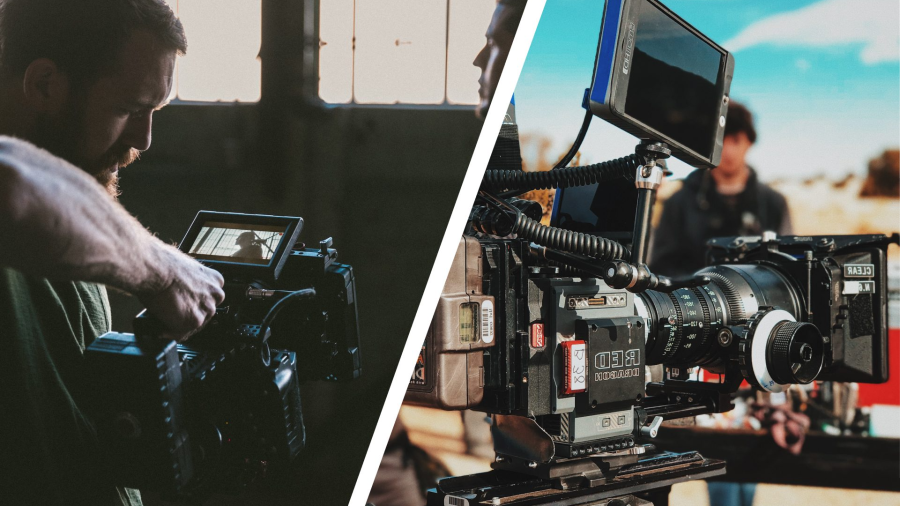Technology has played a significant role in the movie production and distribution industry for decades. From the early days of cinema, technology has continually evolved, allowing for new and innovative ways to create and distribute films.
One of the most significant technological advancements in the movie industry has been the transition from film to digital. In the past, movies were shot on film and then needed to be developed and printed, a time-consuming and costly process. Digital technology has revolutionized the way movies are made by allowing filmmakers to shoot and edit directly on computers. This not only saves time and money, but it also allows for greater flexibility and creativity in the filmmaking process.
Another way technology has impacted movie production is through the use of special effects. In the past, special effects were created using physical props and models, which were often expensive and time-consuming to create. Today, thanks to advancements in computer graphics and animation, filmmakers can create realistic special effects digitally, saving time and money while also allowing for more creative and complex effects.
Technology has also had a significant impact on the distribution of movies. In the past, movies were distributed through physical media such as DVDs and VHS tapes. These formats required the production and distribution of physical copies, which was costly and time-consuming. With the rise of streaming platforms like Netflix and Hulu, movies can now be distributed digitally, reaching a wider audience in a shorter amount of time.
The use of social media has also played a role in the distribution of movies. Many studios now use social media platforms like Facebook and Twitter to promote their films, reaching a large audience quickly and effectively. Social media has also allowed for a more interactive relationship between filmmakers and audiences, with many filmmakers using social media to give fans behind-the-scenes looks at the making of their films.
Technology has also had an impact on the way movies are marketed. In the past, studios relied heavily on traditional marketing tactics such as print and television advertisements. Today, with the rise of the internet, studios can use targeted online ads and social media marketing to reach specific audiences. This not only saves money, but it also allows for a more personalized and effective marketing strategy.
Overall, technology has had a significant impact on the movie production and distribution industry. From the transition to digital filming and editing to the use of special effects and the rise of streaming platforms, technology has transformed the way movies are made and distributed. As technology continues to evolve, it will undoubtedly continue to shape the future of the movie industry.

